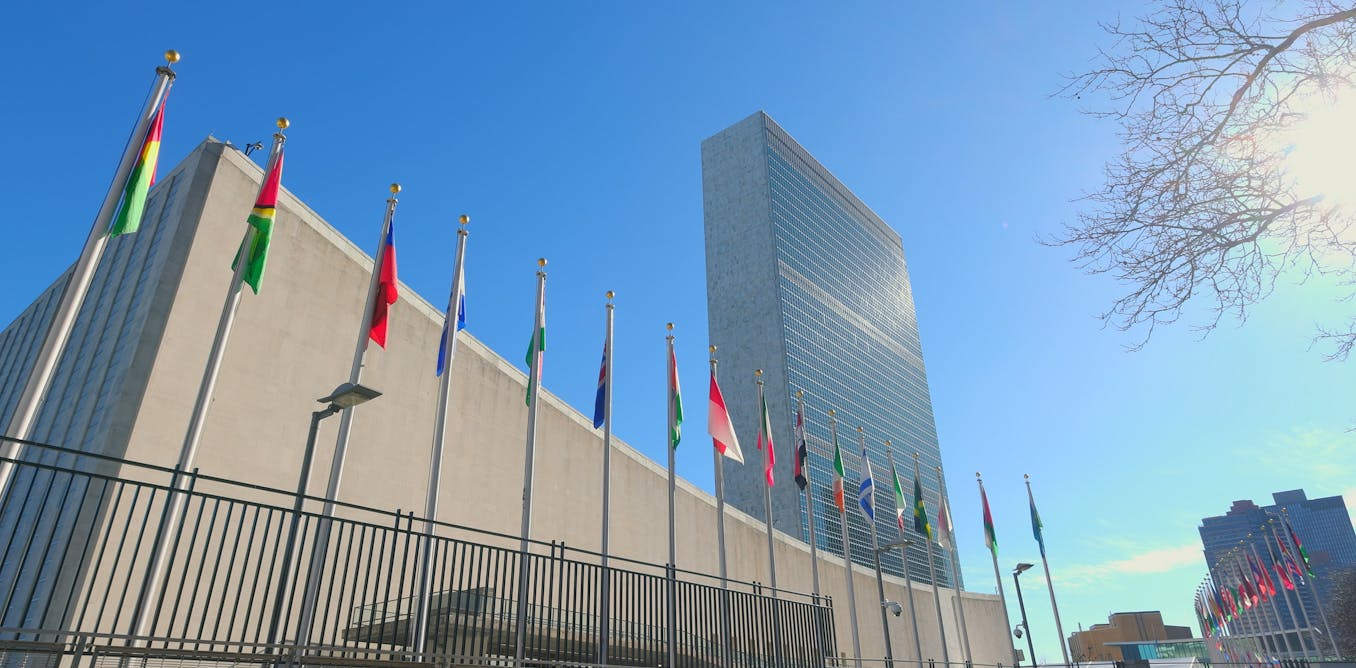The United Nations has reported severe challenges in delivering humanitarian aid to Gaza, despite Israel lifting an 11-week blockade in mid-May. According to UN Deputy Spokesperson Farhan Haq, only 4,600 metric tonnes of wheat flour have entered Gaza via the Kerem Shalom crossing—the sole entry point approved by Israel. Much of this aid has failed to reach its destination, either seized by starving civilians or looted by armed groups.
Aid agencies estimate that 8,000 to 10,000 tonnes of flour are needed to provide at least one bag of flour per family and ease pressure on food markets. Based on World Food Programme guidelines, the flour delivered so far would only cover about eight days’ worth of bread for Gaza's 2 million residents.
The UN is calling on Israel to allow more aid through multiple routes, warning that Gaza is on the brink of famine. Rates of acute malnutrition among children have nearly tripled in recent weeks. Humanitarian deliveries have mostly included flour and limited medical supplies, falling far short of the territory’s urgent needs.
Tensions have risen over the controversial Gaza Humanitarian Foundation (GHF), a U.S.-backed initiative that uses private security and logistics firms. While the GHF claims to have delivered over 11 million meals since beginning operations on May 26, the UN has rejected working with it, citing concerns over neutrality and the militarization of aid.
Meanwhile, Israel has insisted that UN aid be offloaded on the Palestinian side of the border, where access for humanitarian workers is often denied. Accusations continue between Israel, the U.S., and Hamas over aid theft, as Gaza’s humanitarian crisis worsens.



 Norway Opens Corruption Probe Into Former PM and Nobel Committee Chair Thorbjoern Jagland Over Epstein Links
Norway Opens Corruption Probe Into Former PM and Nobel Committee Chair Thorbjoern Jagland Over Epstein Links  Japan Election 2026: Sanae Takaichi Poised for Landslide Win Despite Record Snowfall
Japan Election 2026: Sanae Takaichi Poised for Landslide Win Despite Record Snowfall  Iran–U.S. Nuclear Talks in Oman Face Major Hurdles Amid Rising Regional Tensions
Iran–U.S. Nuclear Talks in Oman Face Major Hurdles Amid Rising Regional Tensions  Trump Says “Very Good Talks” Underway on Russia-Ukraine War as Peace Efforts Continue
Trump Says “Very Good Talks” Underway on Russia-Ukraine War as Peace Efforts Continue  US Pushes Ukraine-Russia Peace Talks Before Summer Amid Escalating Attacks
US Pushes Ukraine-Russia Peace Talks Before Summer Amid Escalating Attacks  TrumpRx.gov Highlights GLP-1 Drug Discounts but Offers Limited Savings for Most Americans
TrumpRx.gov Highlights GLP-1 Drug Discounts but Offers Limited Savings for Most Americans  Trump Signs “America First Arms Transfer Strategy” to Prioritize U.S. Weapons Sales
Trump Signs “America First Arms Transfer Strategy” to Prioritize U.S. Weapons Sales  Trump Signs Executive Order Threatening 25% Tariffs on Countries Trading With Iran
Trump Signs Executive Order Threatening 25% Tariffs on Countries Trading With Iran  Trump Lifts 25% Tariff on Indian Goods in Strategic U.S.–India Trade and Energy Deal
Trump Lifts 25% Tariff on Indian Goods in Strategic U.S.–India Trade and Energy Deal  TrumpRx Website Launches to Offer Discounted Prescription Drugs for Cash-Paying Americans
TrumpRx Website Launches to Offer Discounted Prescription Drugs for Cash-Paying Americans  U.S. to Begin Paying UN Dues as Financial Crisis Spurs Push for Reforms
U.S. to Begin Paying UN Dues as Financial Crisis Spurs Push for Reforms  Netanyahu to Meet Trump in Washington as Iran Nuclear Talks Intensify
Netanyahu to Meet Trump in Washington as Iran Nuclear Talks Intensify  Trump Backs Nexstar–Tegna Merger Amid Shifting U.S. Media Landscape
Trump Backs Nexstar–Tegna Merger Amid Shifting U.S. Media Landscape  New York Legalizes Medical Aid in Dying for Terminally Ill Patients
New York Legalizes Medical Aid in Dying for Terminally Ill Patients  U.S. Lawmakers to Review Unredacted Jeffrey Epstein DOJ Files Starting Monday
U.S. Lawmakers to Review Unredacted Jeffrey Epstein DOJ Files Starting Monday  Ohio Man Indicted for Alleged Threat Against Vice President JD Vance, Faces Additional Federal Charges
Ohio Man Indicted for Alleged Threat Against Vice President JD Vance, Faces Additional Federal Charges  China Warns US Arms Sales to Taiwan Could Disrupt Trump’s Planned Visit
China Warns US Arms Sales to Taiwan Could Disrupt Trump’s Planned Visit 































